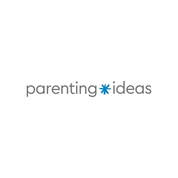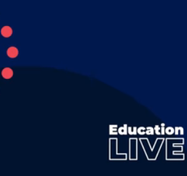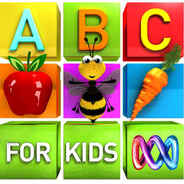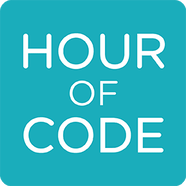Learning from Home Information for Parents
Advice, tips and resources for parents and carers to support your child’s continuity of learning from home.
How you can support your child:
- Have a routine and set expectations.
- Make sure your child has a space to work in.
- Provide a level of supervision suitable to your child’s stage of development and individual needs.
- Monitor communications from teachers.
- Check in with your child often to help them manage and pace their work.
- Monitor how much time your child is spending online.
Setting up a Learning Environment
Every home is different but it’s important to provide a quiet and comfortable space in which to learn. Where possible, extended learning should take place in a space your family shares. For example, a lounge room or dining room. These spaces are preferable over a bedroom, where your child can feel isolated and supervision can be more challenging.
It should be a place:
It should be a place:
- that can be quiet at times.
- that has a strong internet signal, if possible.
- where you or another adult is present as you would normally when your child is online, dependent on age.
Establishing Routines and Expectations
Start and end each day with a check-in to help your child:
Encourage regular exercise breaks. This might mean going for a walk, using exercise DVDs and apps, dancing, floor exercises or using home exercise equipment.
Encourage healthy eating habits and make sure they drink enough water.
- clarify and understand the instructions they get from their teachers.
- help them organise themselves and set priorities for their learning at home.
- A healthy daily routine is great for mental and physical health, as well as concentration and learning.
Encourage regular exercise breaks. This might mean going for a walk, using exercise DVDs and apps, dancing, floor exercises or using home exercise equipment.
Encourage healthy eating habits and make sure they drink enough water.
Communication with Your Child
We encourage you to start and finish each day with a simple check-in. These check-ins can be a regular part of each day. These questions allow your child to process the instructions they get from their teachers and help them organise themselves and set priorities.
You could also check-in with your child throughout the day. This depends on your child’s needs.
You could also check-in with your child throughout the day. This depends on your child’s needs.
Morning Check Ins
- What are you learning today?
- What are your learning targets or goals?
- How will you be spending your time?
- What resources do you need?
- What support do you need?
Afternoon Check Ins
- What did you learn today?
- What was challenging? You could come up with a way to deal with the same problem if it comes up again.
- Consider three things that went well today. Why were they good?
- Are you okay? Do you need to ask your teacher for something? Do you need help with something to make tomorrow more successful?
Parent Links
Below you find a series of online learning applications that you or your child may find helpful. Please click on the images in order to be redirected to each of the websites.
Parent and Carers: 'Essential'' Toolkit
2021 Changes to Student Reports
This year, student reports have been improved in response to parent and teacher feedback collected in 2019. All students will now be assessed against 12-14 Learning Indicators in English and Mathematics. These indicators provide parents with an overview of the learning students in each grade have been participating in. Each student is then assessed as Working Towards, Working At or Working Beyond in that specific indicator.
In line with departmental reporting policy, teachers then provide information about each student's areas of strength and areas for further development, along with an overall effort and achievement grade for each subject.
Please note that students in Kindergarten are not required to have an overall achievement grade for any subjects.
For more information about student reports, please see the slideshow below which was presented to parents at our recent parent workshop.
In line with departmental reporting policy, teachers then provide information about each student's areas of strength and areas for further development, along with an overall effort and achievement grade for each subject.
Please note that students in Kindergarten are not required to have an overall achievement grade for any subjects.
For more information about student reports, please see the slideshow below which was presented to parents at our recent parent workshop.
Your browser does not support viewing this document. Click here to download the document.











